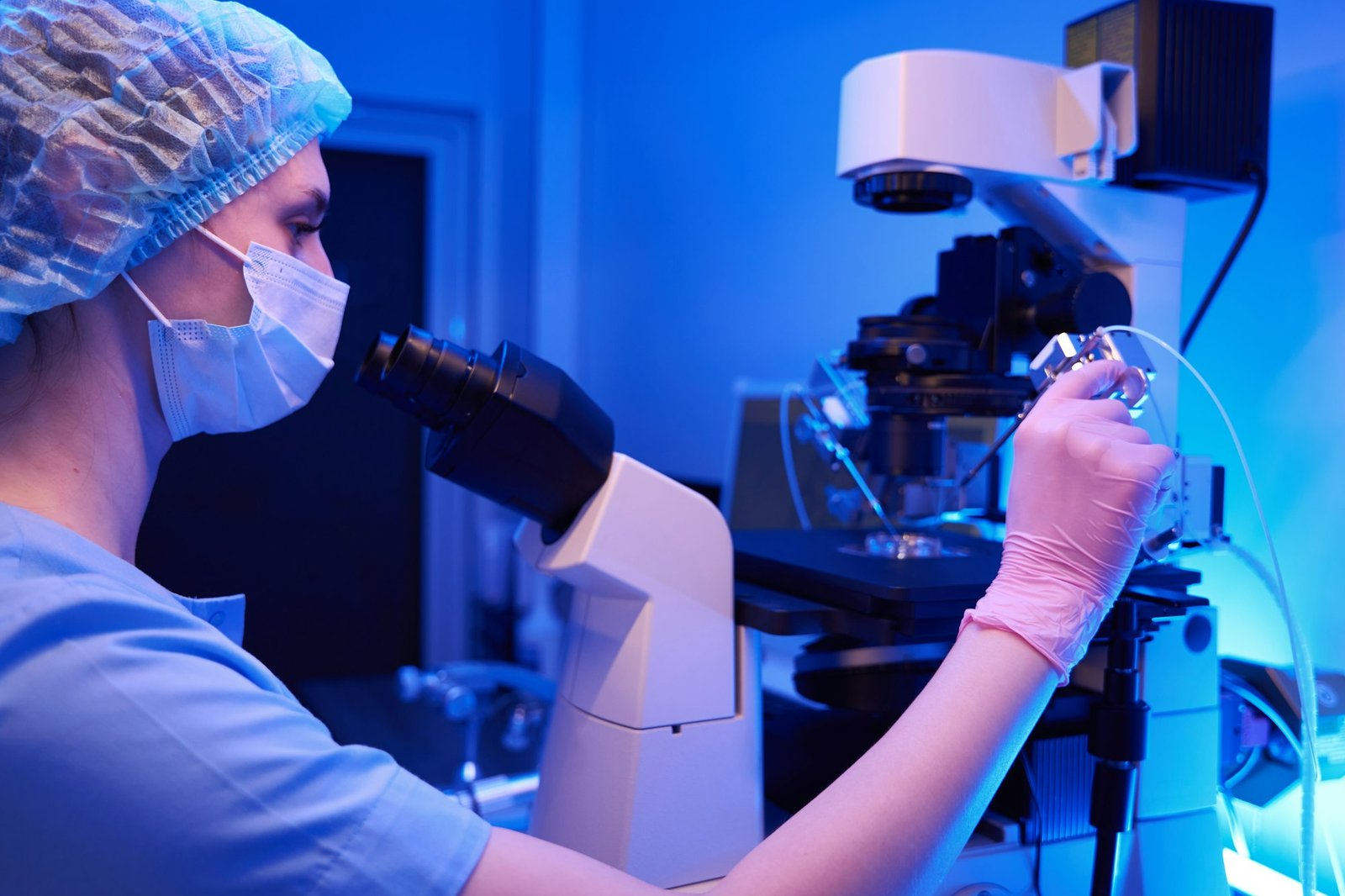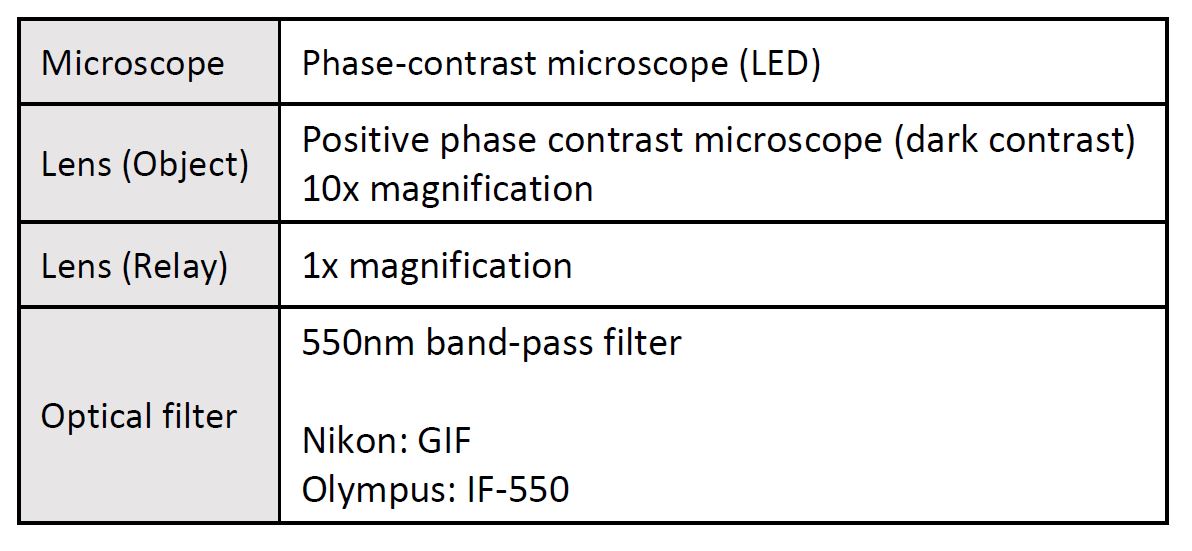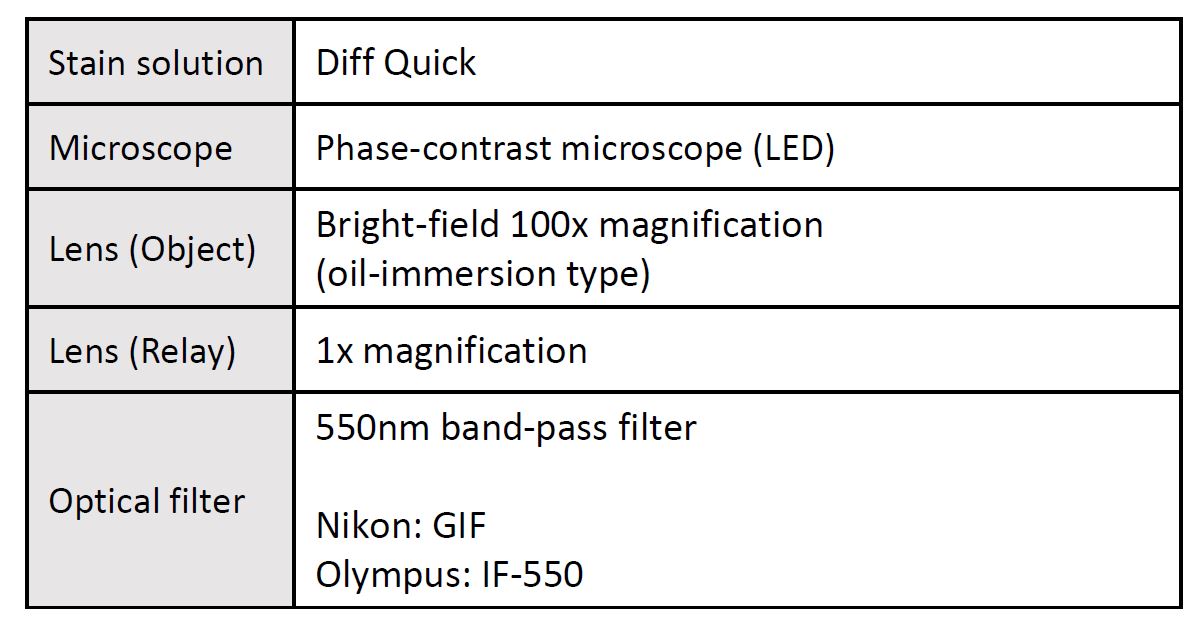Description
Diverse Clientele: Who Uses Sperm Analysis Services?
Sperm analysis services play a pivotal role in the evaluation of male fertility, attracting a wide range of clients from various sectors related to reproductive health. Primarily, fertility clinics are the most common users of these services. Clinics focused on in vitro fertilization (IVF) require precise sperm assessments to improve conception chances and monitor male reproductive health. In this context, sperm quality, motility, and morphology are critical indicators that inform treatment protocols and ultimately influence patient success rates.
In addition to IVF clinics, hospitals also leverage sperm analysis, particularly within urology and andrology departments. The need for thorough analysis arises due to various male infertility issues that require clinical intervention. Hospitals often utilize sperm analysis as part of comprehensive diagnostic evaluations to identify underlying conditions or factors contributing to infertility. Furthermore, these institutions may engage in research to better understand sperm-related issues, aiming to develop innovative treatments and technologies.
Research institutes, such as the urology research labs at universities like McGill University Health Centre, also employ sperm analysis services. The primary focus here is on advancing scientific knowledge and developing new methodologies for enhancing reproductive health. Research labs may require access to extensive sperm data to study male fertility trends and their implications on broader public health.
Internationally, sperm analysis services have gained traction among clients such as hospitals in Korea and Taiwan, which seek to enhance their reproductive health outcomes. Additionally, notable clinics in Japan, like Kato Ladies Clinic and Hanabusa Women’s Clinic, are renowned for their advanced reproductive technologies, making use of detailed sperm assessments. Each of these diverse clientele has specific needs and expectations regarding the quality and accuracy of sperm analysis services, reaffirming the importance of these diagnostic tools in improving reproductive health outcomes globally.
Essential Equipment for Human Sperm Analysis: Meeting the Needs of Clients
Human sperm analysis is an integral part of assessing male fertility, particularly within the context of IVF and fertility clinics. To fulfill the diverse needs of clients, it is crucial to utilize precise, advanced equipment for evaluating various sperm parameters, including motility, morphology, and overall quality. The fundamental tools for such assessments include semen analyzers, microscope systems, and computer-assisted sperm analysis (CASA) systems. These instruments enable specialists to obtain accurate and reproducible results that influence clinical decisions.
Semen analyzers are instrumental in providing a rapid analysis of sperm characteristics. These devices measure sperm concentration and motility automatically, minimizing human error and ensuring consistency. Modern semen analyzers are equipped with sophisticated imaging technology and algorithms that enhance the accuracy of the assessments. Coupled with traditional manual microscopy, these devices offer a comprehensive overview necessary for proper diagnosis and treatment planning.
The significance of quality assurance in the equipment used for sperm analysis cannot be overstated. Maintaining calibration and adhering to industry standards is paramount to ensure the reliability of results. Regular maintenance and validation of sperm analysis equipment are essential practices that guarantee the quality of services provided by fertility clinics and associated research institutions. As technology advances, innovations such as artificial intelligence and machine learning are making their way into sperm analysis, offering new methods to improve accuracy and efficiency.
Ultimately, the choice of equipment plays a pivotal role in influencing the success rates of assisted reproductive technologies (ART). Clinics that invest in state-of-the-art technology can provide higher quality assessments, which may lead to better patient outcomes. By prioritizing the selection of appropriate equipment, fertility clinics can meet client needs more effectively, ensuring a thorough understanding of male fertility factors that contribute to successful reproductive interventions.






